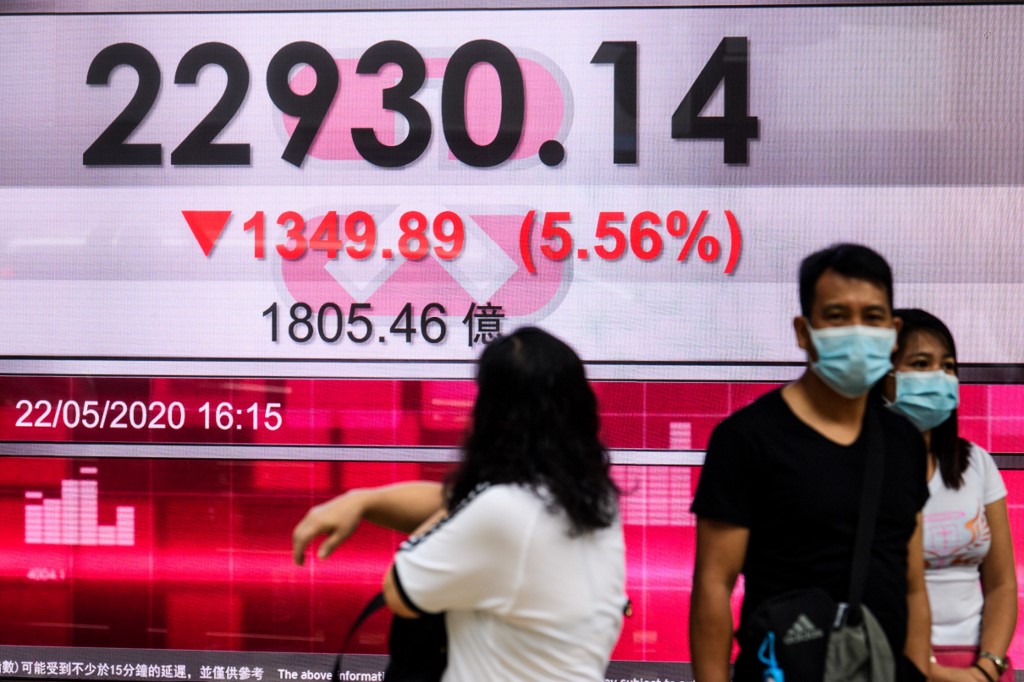• Listing is first test of investor appetite after China crackdown on foreign listings
• Electric car maker provides extra disclosure for $1.5bn Hong Kong listing
(AF) Electric car maker Li Auto is poised to test investor demand for Chinese companies with a planned listing of shares in Hong Kong on Friday.
The offering will be the first to gauge investor sentiment following China’s regulatory crackdown on overseas listings. That turned ride-hailing giant Didi Global’s June listing in the US into a fiasco, triggering class action lawsuits as it was accused of failing to properly disclose imminent regulatory action ahead of the $4.4 billion IPO. The offer of 100 million shares in Hong Kong today will be priced at HK$118 per share, raising about $1.52 billion, Reuters reported.
Li Auto, like rivals XPeng and Nio, is already listed in the US, where it’s Nasdaq-listed shares have suffered recently along with other Chinese firms as investors digest the implications of China’s regulatory crackdown on issues such as data privacy and national security.
The early performance of the new Hong Kong shares, scheduled to start trading on August 12, will be a closely watched barometer for the deal, but the impact on the liquidity of Li Auto’s existing Nasdaq shares will also have implications for the company and other Chinese firms that have US listings.
The threat of delisting of Chinese shares from US exchanges has been hanging over these companies since the Trump administration moved to enforce a rule that US accounting regulators should inspect the accounts of all firms with a US listing. China will not allow these inspections of its companies’ audits, which led to the passing in December 2020 of a US law calling for delisting of Chinese firms after three years of non-compliance.
That was initially greeted calmly by investors who thought that three years left plenty of time for a compromise to be reached. But if more Chinese firms such as Li Auto and XPeng, which recently made its own Hong Kong launch, opt for dual listings and liquidity in their US shares suffers, pressure could mount from investors for voluntary delisting by issuers.
Extensive Disclosure
With China’s regulatory crackdown hanging over the listing, the company made extensive risk disclosures in a prospectus published on August 3. The ‘risk factor’ section in the prospectus ran to 29 pages, but there were also multiple other references to potential risks across the entire 180-page publication.
These covered factors including potential disruption in supplies of semiconductor chips and the lithium battery cells used in EV production. The firm highlighted that it is exposed to evolving Chinese laws governing data privacy and cybersecurity. Li Auto also noted that it could be affected by changes in Chinese regulation of variable interest entities (VIEs), the structures used by many firms to issue shares in markets such as the US via vehicles that are registered in tax havens.
Prospects for the listing gained a boost from China’s July car deliveries, which showed Li Auto edging ahead of its domestic rivals Nio and Xpeng. Li Auto delivered 8,589 EVs in July, a 251% surge from a year earlier.
The hope is that such rapid growth will help to drive demand for the Hong Kong share sale. About 10% of shares will be sold to Hong Kong retail investors, with the remaining 90% going to international buyers. Both the company and its lead underwriter on the deal, Goldman Sachs, declined to comment.
Jon Macaskill
This report was updated on August 6 with additional details.
























